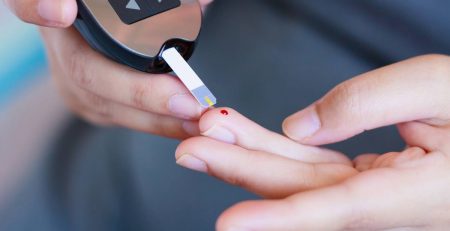Fall Prevention
What you can do to avoid hitting the deck
Falls can happen to anyone – after all Alice was only 7 when she fell down the rabbit hole. But it is an inescapable fact that as we get older we are more likely to fall, and are less likely to be able to bounce back. Whilst falls are accidental, there are some things that we can do to reduce the risk and severity of any fall we may have.
What causes falls?
Vision – as we get older, our vision does deteriorate. It is important to make regular visits to the optometrist to check your sight.
Stiffening Joints – when our joints stiffen – whether through injury, the onset of arthritis, or bursitis – we are less mobile, and therefore less able to ‘save’ ourselves if we trip or lose balance.
Weakened Muscles – from the age of about 40 (yes – as young as that!) we start to develop Sarcopenia, which is a weakening or atrophy of the skeletal muscles. This is a normal part of aging, but can be more pronounced in people who are less active.
Low Blood Pressure – can cause lightheadedness, leading to falls
Diabetes – the lower limbs are often affected by diabetes, with a loss of sensation, tingling and pins and needles. This reduced sensation can cause poor placement of feet when walking, leading to falls.
How Do We Reduce the Risk?
- Maintain a healthy diet, and drink plenty of fluids. This will assist with avoiding diabetes and low blood pressure, not to mention ensuring you have energy to maintain an active lifestyle.
- Exercise is really important. You might not be able to run a marathon any more, but there are plenty of exercise options that are suitable as we get older – Tai Chi or water aerobics are great, yoga will provide you with great strengthening of your core and legs, and even a good old fashioned dance class.
- Make sure any medications you are taking are compatible with one another and don’t have side effects that can cause your balance to be impaired.
- Wear the right shoes (and slippers) – make sure they are firm-fitting, have non-slip soles and nice wide heels. Laces, buckles and Velcro are the best options. And on the subject of footwear, try and avoid walking around in just socks. Just watch the first few minutes Risky Business and you’ll see why.
- Try and avoid rugs and mats on the floor at home – they provide great tripping hazards
Who Can Help?
- Make regular visits to a Podiatrist. Not only will a podiatrist ensure your footwear is suitable, but they will make sure the circulation in your legs and feet is working well, and keep your ankle joints mobile.
- A good Chiropractor will be able to show you some balancing and stretching exercises that will help keep you strong and upright. They will also be able to keep your joints mobile, and to make recommendations on any frames or sticks you might need. And possibly best of all, they can treat any of those aches and pains that start to creep up on all of us.
- Your GP can ensure your medicines are all appropriate
- Visit your optometrist regularly to make sure your eyes are healthy and any prescription for glasses is accurate.
So take a little time to assess yourself and your surroundings. An ounce of prevention will go a long way to ensuring you don’t end up down a rabbit hole!
If you, or someone you know, has had a fall or is concerned about their strength, mobility and balance call our Baulkham Hills Clinic on 9639 7337 to make an appointment with our Chiropractor or our Podiatrist.



